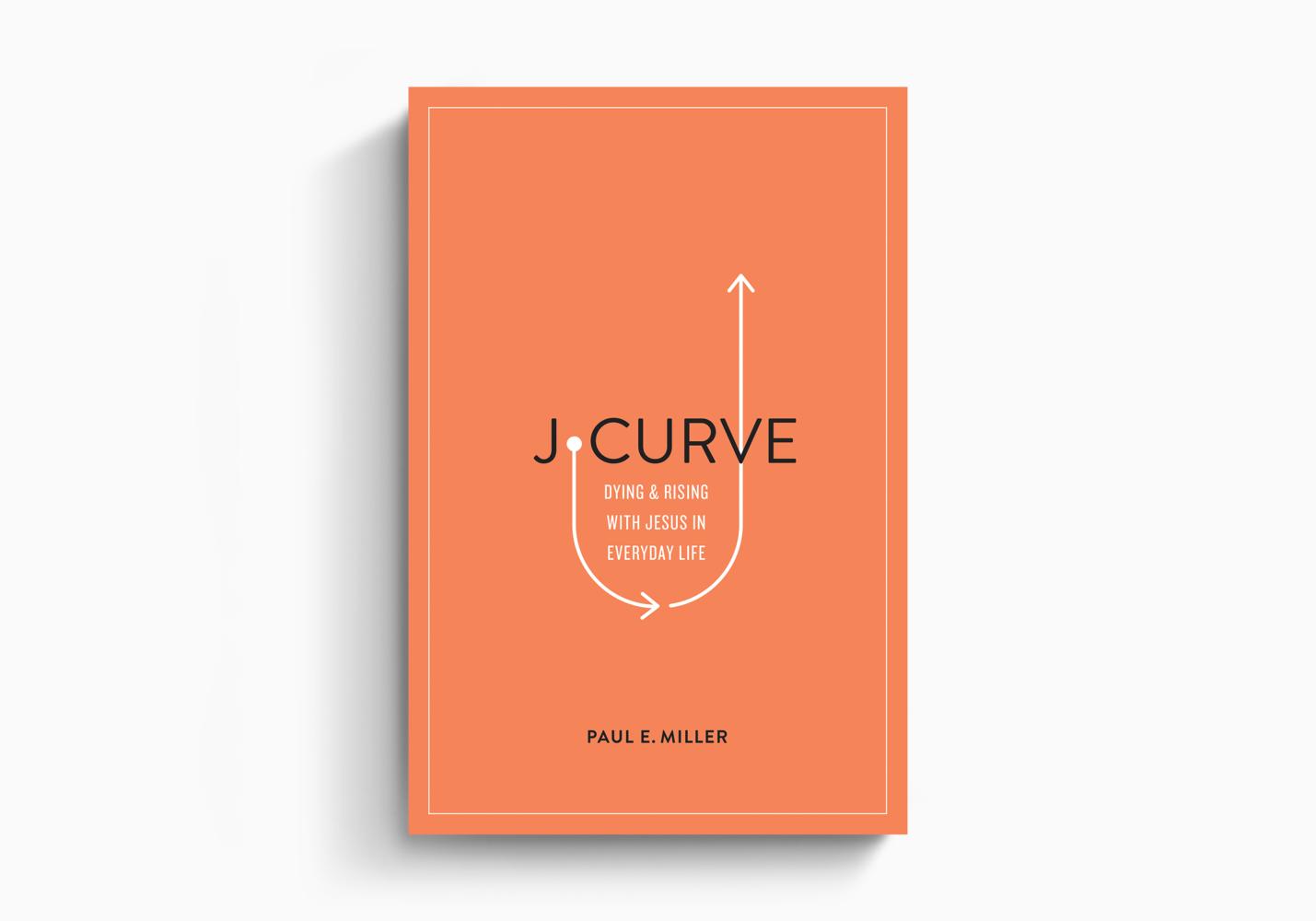By now, Easter weekend may feel like a distant memory—buried under work deadlines, exam prep, or the demands of family life. Why should the average Malaysian—working hard to provide for the family, saving up for the next house or vacation—even think about life after death?
Is the resurrection just comfort for the pain that cuts so deep? Just something to help us bear the weight? A way to reassure ourselves that there must be more to this life than what we can see? Why does the resurrection matter?
"But God raised him from the dead, and for many days he appeared to those who had come up with him from Galilee to Jerusalem, who are now his witnesses to the people." (Acts 13:30-31)
1. The resurrection matters because it really happened
The early church didn’t believe in the resurrection because it made them feel better about life—they believed it because it was true. Paul himself hated Christianity. He saw it as offensive, even dangerous. Yet everything changed when he encountered the risen Christ. It didn’t matter that it disrupted his worldview or upended his values—it was an inconvenient, undeniable fact. And facts demand a response, no matter how uncomfortable they are.
In Malaysia, life follows a predictable script: study, work, buy a house, raise a family, save for the future. In our context, resurrection sounds like wishful thinking and not something pragmatic. But Christianity isn't based on good vibes or personal preference. It’s based on a historical event that first-century Jews—some of the most unlikely people to believe in a God-man rising from the dead—found themselves compelled to believe.
Because the resurrection really happened, it’s not just a comforting story or a personal belief—it’s the truth about reality. It tells us that Jesus is who He claimed to be, that death is not the end, and that we can’t simply live life on our own terms. Therefore, we must respond to it.
"What God promised to the fathers, this he has fulfilled to us their children by raising Jesus, as also it is written in the second Psalm, "'You are my Son, today I have begotten you.’"" (Acts 13:32-33)
2. The resurrection matters because it reveals a greater reality
The resurrection isn’t just proof that Jesus is alive; it reveals that God’s promised King has finally come. Jesus signals the beginning of a new kind of life, untouched by sin, decay, or death. While David died and decayed like everyone else, Jesus didn’t see corruption—He was raised to reign forever. Therefore, the resurrection is God’s announcement that the long-awaited hope of the world has arrived.
This hope speaks into our modern longings just as powerfully. The Malaysian dream is to hit all the right milestones: career success, home ownership, family stability, financial freedom. That’s our version of “resurrection”—a life rebuilt with security and purpose. But no matter how hard we work for these things, we can’t escape disappointment, suffering, or death. What Paul is saying is that in Jesus, God is offering something far more stable: a renewed life and world that can’t be shaken. The resurrection is a preview of that reality—one that doesn’t depend on our achievements but on what God has already done.
Of course, the resurrection doesn't mean that everything is easy now—but it does mean that there is a foundation that suffering, failure, or even death can’t undo. Jesus rose to give us a better hope and to offer us a life that death itself cannot take away.
"Let it be known to you therefore, brothers, that through this man forgiveness of sins is proclaimed to you, and by him everyone who believes is freed from everything from which you could not be freed by the law of Moses." (Acts 13:38-39)
3. The resurrection matters because it grants us true freedom
The resurrection lies at the core of Christianity’s message—through Jesus, God now offers forgiveness of sins and true freedom. In fact, Paul repeats the word "freed" twice in Acts 13:38-39. Christ’s finished work frees us from our greatest problem: the sin within us that twists our thinking, damages our relationships, and misguides our desires. This sin that cannot be overcome by self-improvement, sheer effort, or good intentions. Unless we come to grips with the fact that sin is our core issue, we’ll spend our lives treating surface-level problems while ignoring the root cause.
That’s exactly what the Jews were doing—they looked to the law, hoping that rule-keeping would make them righteous and secure. But Paul says that’s misguided. The law could never bring true freedom because it couldn’t deal with the heart. It could reveal sin, but not remove it. Even today, our best efforts fall short in giving us freedom.
True freedom only comes from Jesus. He alone has the power to forgive, renew, and release us from the cycle of striving and failing. The resurrection means God has opened the way, and we are no longer defined by the weight. When you believe in Him, you are set free—not just a little, not temporarily, but completely. You’re freed from your past, from the burden of trying to measure up, and from the restless chase for meaning. Fully. Finally. Forever.







